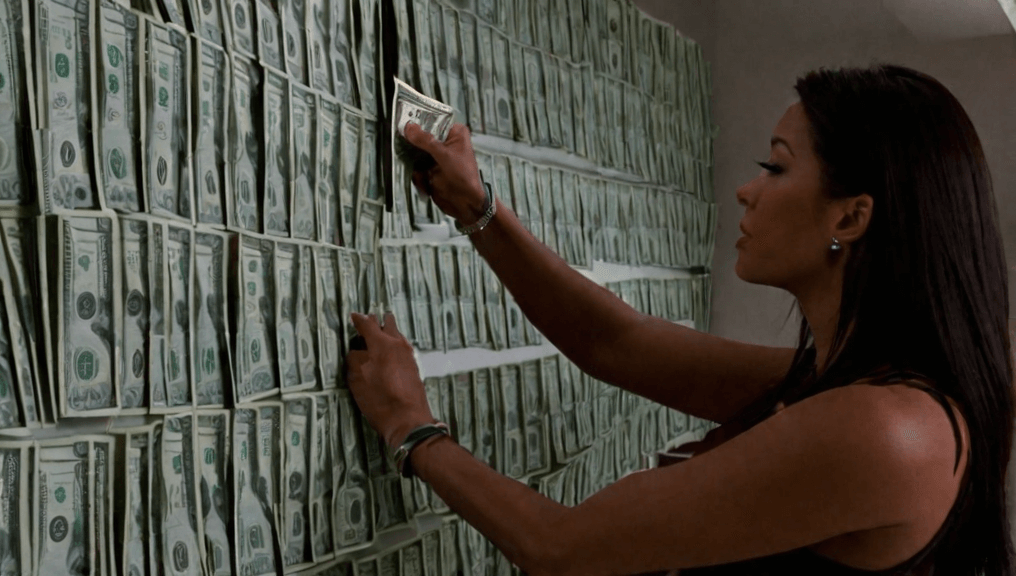Application Concept: Stripping a Coupon Bond
Turning coupon bonds into tradable assets involves adjusting yields, creating smaller securities, and trading for diverse financial benefits.

Stripping a Coupon Bond: Making Special Investments from Regular Ones
Introduction
Imagine you have a special kind of money called a "coupon bond." This money gives you extra money every once in a while, kind of like getting a small gift from the money. But sometimes, people want to do something different with this money to make it even more special.
Making Special Bonds
-
Choosing the Special Money: People pick a coupon bond that has extra money coming to them. Some examples are government money, company money, and town money.
-
Checking What Others Want: People see if other people want to change this special money into even more special money. They look at what these special monies can do for them.
-
Sending the Money for a Change: People send the coupon bond to someone who can make it even more special. This is like asking a wizard to do magic on the money.
-
Magic Time: The wizard does magic and changes the money. It's like turning a big cookie into smaller cookies. Each small cookie is now its own special cookie!
-
Trading Special Cookies: People can give these small special cookies to others or keep them. Sometimes, they can even trade them with other people for different things.
Math Magic
There's also some math involved in making these special cookies. Here's how it works:
-
Seeing How Much Magic the Cookie Needs: People look at the big cookie and figure out how much magic it needs. This magic number is called the "yield-to-maturity."
-
Making Magic for Each Cookie: For each small cookie, people do some math to give it its own magic. They use the yield-to-maturity and how long it will take for the cookie to be ready.
-
Sharing the Magic: Once each cookie has its own magic, people can share these cookies with others.
-
Checking the Cookies: People make sure all the small cookies' magic adds up to the same as the big cookie's value. If it does, everything is good!
Fun Example
Let's say you have a special $100 cookie that gives you $10 every year. It's magic number is 4%. Here's what happens:
-
Magic Number: The magic number is 4%, which is like saying it's 4 special cookies for every 100 cookies.
-
Making Small Cookies: People make small cookies with magic. For the first year, each small cookie has $10 magic. For the second year, it's a little less, and so on.
-
Sharing the Cookies: People can give, trade, or keep these small cookies. Everyone knows how much magic is in each one.
-
Checking the Magic: When they add up all the small cookies' magic, it's the same as the big cookie's $100 magic.
Special Advantages and Tricky Parts
Good Things:
-
Custom Magic: People can make their money really special and do different things with it.
-
Trading Magic: People can swap these small special cookies for other things.
-
Changing Positions: People can move their special cookies around to make their money safer or riskier.
Tricky Things:
-
Not Many Takers: Sometimes, not many people want these small cookies, so they can be harder to trade.
-
Number Magic: There's a bit of math involved, like making sure the magic of small cookies matches the big cookie.
The End
Knowing about making special cookies from regular cookies can help people decide what they want to do with their money. It's like learning how to make special treats from regular treats!
This article takes inspiration from a lesson found in FIN 4243 at the University of Florida.